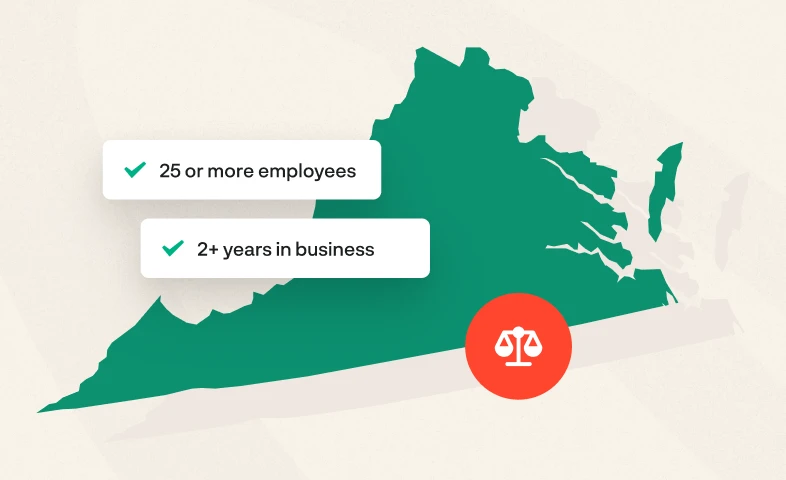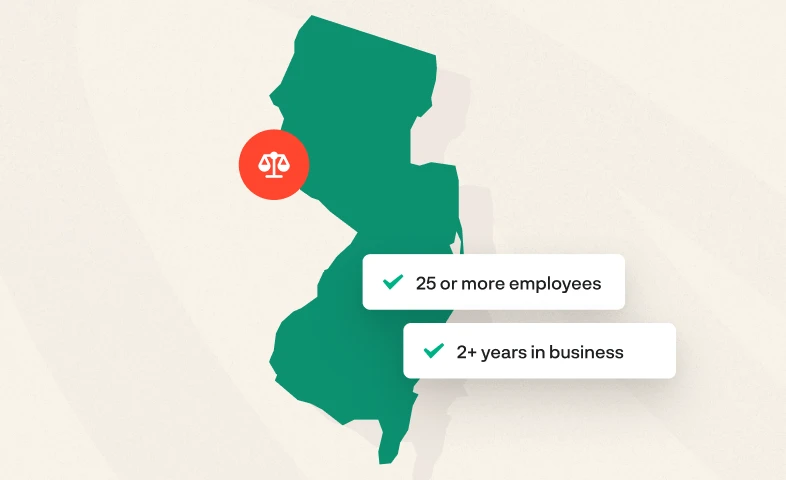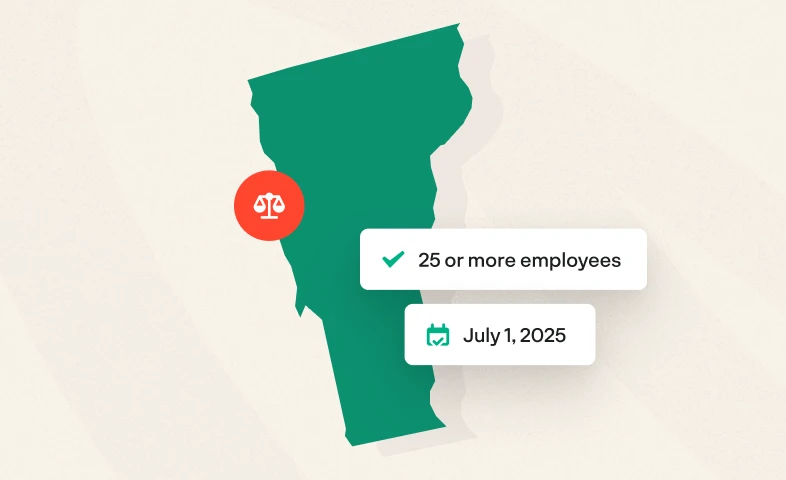Explore Our Resources
Discover articles, news, guides and more!




Discover articles, news, guides and more!





RetirePath VA Explained: Timeline, Requirements, & Specifications

RetireReady NJ Explained: Timeline, Requirements, & Specifications

401(k) vs. State-Mandated Plans: Understanding What's Right for Your Business

Vermont Saves Explained: Timeline, Requirements, & Specifications

Outpacing Inflation: Modern Retirement Strategies for Small Business & Gig Workers
Have questions? schedule a call or call (866) 845 - 5058 to talk to someone now